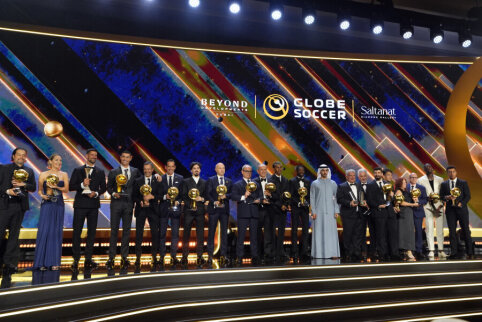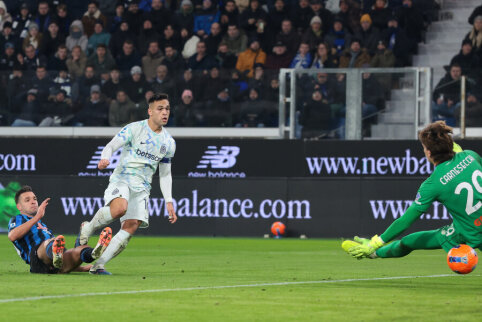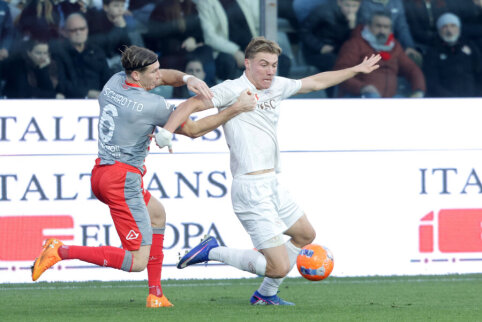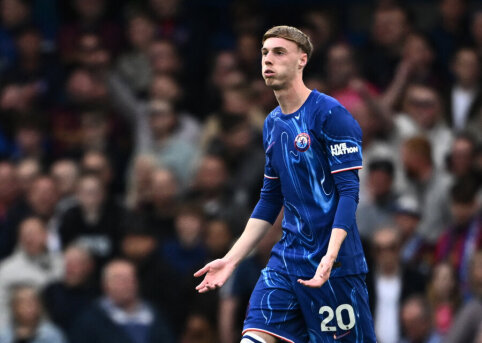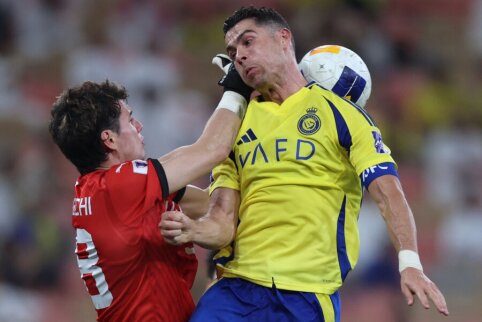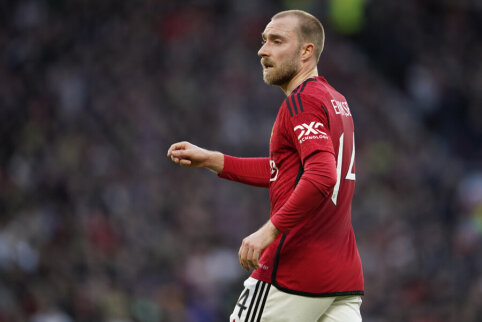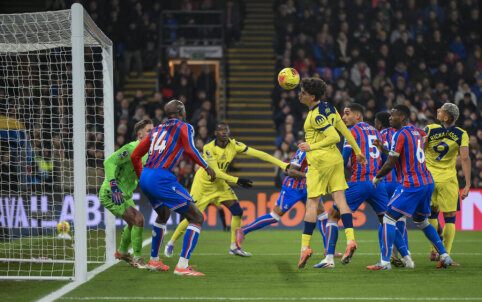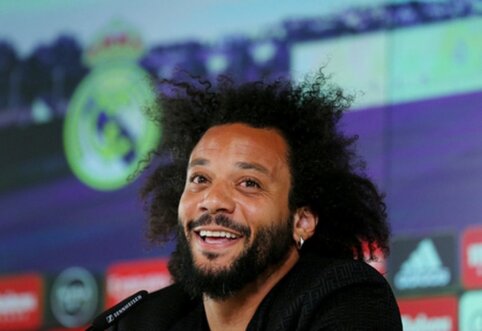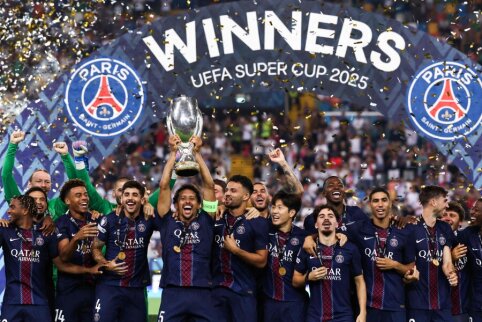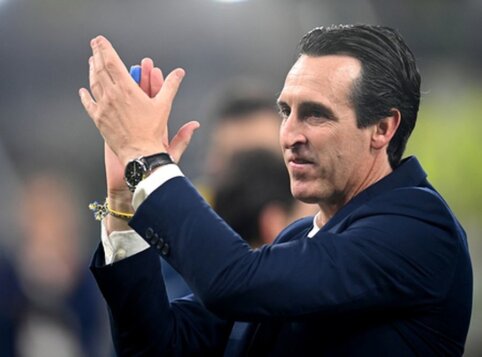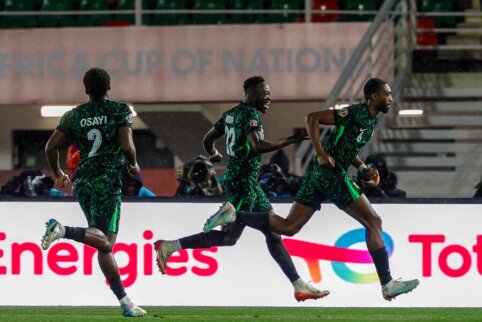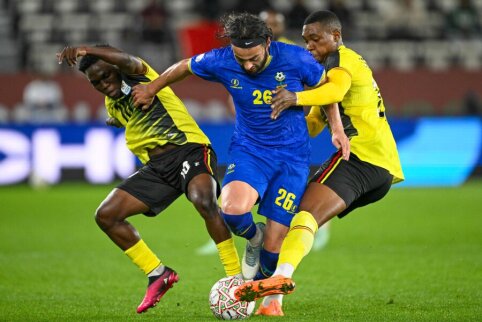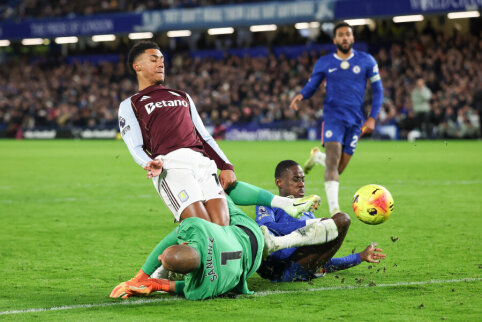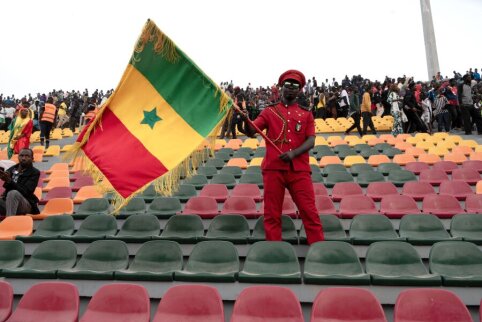 © EuroFootball.com
© EuroFootball.com
On Wednesday, the English press writes about Ashley Cole's desire to leave "Arsenal", sponsors threatening the Football Association, "Liverpool" showing interest in Raul, and "Man Utd" being cautious about their intentions in the player market. We also present a study by "The Independent" on footballers' salaries in England.
In the Oxfordshire mansion, Football Association leaders secretly met with several candidates for the position of England's national team coach. ("Daily Mail")
"Arsenal" star Ashley Cole mentioned to his friends that he would like to leave the "Gunners" at the end of the season. ("The Sun")
"Chelsea" executive director Peter Kenyon denied rumors that he had clashed with head coach Jose Mourinho. ("The Daily Telegraph")
"Man Utd" would like to see midfielder Mahamadou Diarra in their team, but "Lyon" demanded £23 million for him. (Various)
"Man Utd" coach Sir Alex Ferguson was warned that mistakes in the player market will be unforgivable. ("Daily Express")
"Liverpool" wants to lure Real Madrid star Raul to "Anfield". ("Daily Mirror")
"Man Utd" defender Paul Scholes, who had been recovering from an eye injury, has resumed training. ("Daily Mail")
Football Association representatives spoke for the second time with Sam Allardyce about the duties of England's national team coach. ("The Sun")
Sponsors threaten the Football Association to terminate all contracts if they do not receive guarantees that David Beckham will remain the captain of the England team. ("The Sun")
"Tottenham" is actively interested in Borussia Dortmund player Delron Buckley. ("Daily Mail")
"Leicester" is considering appointing now interim coach Robert Kelly as the new coach. ("The Guardian")
"Aston Villa" still does not rule out the idea of acquiring "Wolves" midfielder Joleon Lescott. ("The Sun", "Daily Express")
"Blackburn" and "Everton" are competing for striker Francis Jeffers, who failed to fit in at Charlton Athletic. ("Daily Star")
We calculate player salaries
A study by "The Independent" and the Professional Footballers' Association states that the average salary of a Premier League player is £676,000 per year. This amount is equivalent to £13,000 per week, but with bonuses, it can increase by 60 to 100 percent.
Strikers receive the highest average annual salary - £806,000, while midfielders earn slightly less - £754,000. Defenders have to settle for a lower average annual salary - £653,000, and Premier League goalkeepers earn £533,000 for their work. These average salaries have increased by almost 65 percent compared to 2000.
On the other hand, bonuses for playing vary significantly - depending on the contract terms - and can easily double a player's regular salary. Among these incentive bonuses are those for playing each game, such as a £5,000 salary for every match, even if the player comes onto the field in the last minute.
Signing bonuses are usually six-figure sums and are usually paid out gradually over the player's contract period - for example, a £250,000 signing bonus spread over three years would mean an additional £1,600 per week.
Naturally, players can also expect to receive their share of bonuses for winning a match or achieving seasonal goals - these bonuses usually depend on whether the club reaches a higher league or one of the European tournaments. The remaining bonuses are awarded for appearances in cup finals or a certain number of goals.
Player salaries also depend on their age - players between 27 and 30 years old earn the most. In lower divisions, salaries are significantly lower, but still substantial. The average annual salary for Championship players does not exceed £195,750, League One footballers earn £67,850. Their colleagues from League Two receive £49,600.
About 400 footballers from four different English leagues participated in this survey. Despite record high salaries, 64 percent of Premier League players are in favor of salary restrictions, which would mean that clubs could allocate no more than 75 percent of their budget to players. The remaining 35 percent of players surveyed spoke out against such restrictions, and 1 percent had no opinion.




